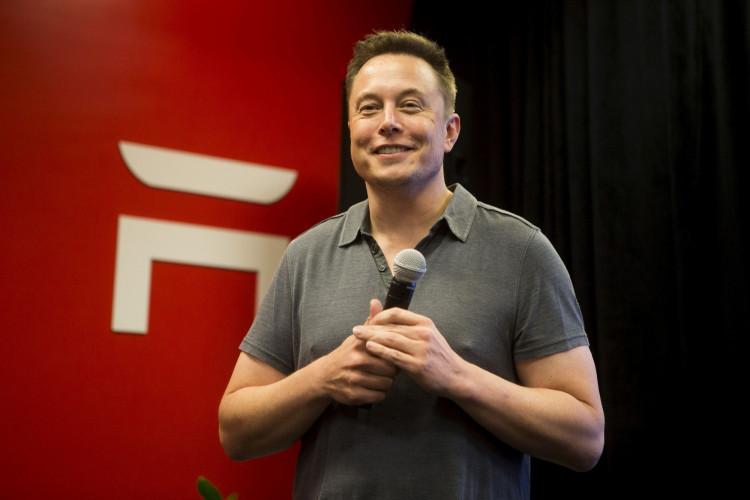Over the weekend, Tesla CEO Elon Musk attempted to reassure critics and environmentalists concerned with his company's planned Gigafactory in Germany. The executive explained that Tesla's new European manufacturing plant will actually be using less water than what they had estimated.
Tesla's planning documents for its fourth Gigafactory, often referred to as the Gigafactory 4 or Giga Berlin, originally pegged its average water consumption to be around 372 cubic meters per hour. This figure immediately sparked protests from local residents of the small village where the factory would be located, with most raising concerns that the facility would essentially be siphoning water away from villagers.
Musk mentioned on a tweet posted on Saturday that he wanted to clarify that the factory will actually not be using that much water. The figures posted on its planning documents were apparently only possible during peak usage cases, which means that it will not be an everyday occurrence.
Apart from the water usage issue, Tesla had also been bombarded with criticism surrounding its plans to clear out the forested area within the property it had acquired for the establishment of its massive manufacturing plant.
To address this issue, Musk mentioned in a separate tweet that only a small portion of the forest in the property will be cut down to construct its property. Musk even pointed out that the forest itself wasn't really "natural" as it was originally planted as a source for material for cardboard manufacturing.
Tesla originally announced plans to put up a new factory in Europe back in November last year. The proposed facility, which will be the company's first European factory, will be located in Gruenheide, Germany. The town, which has a population of roughly 9,000 people, is located just 23 miles east of Berlin. The property itself is located on a 740-acre plot of forested land, which Tesla reportedly had purchased for around $45.36 million.
German politicians, unions, and industry groups welcomed Tesla's plans as it would undoubtedly bring a lot of commerce and jobs to the area. Having a manufacturing facility in Gruenheide is expected to significantly boost the town's economy. European companies have even made commitments to put up malls, hotels, and other infrastructure in the small town to meet the coming demand.
Despite the numerous advantages, concerns were raised against Tesla's plans when a Brandenburg water association revealed a number of possible negative effects of the plant on the town's drinking water supply. As of the moment, the resident of Germany's Brandenburg province remains split on the issue, with some supporting the construction, while others are against it.





